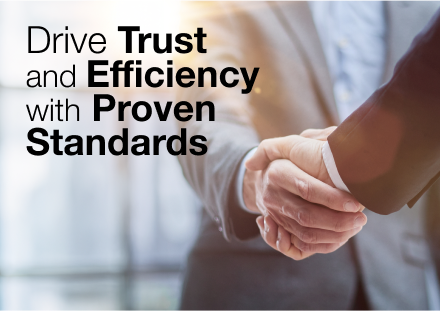Igniting Opportunities, Driving Transformational Change
Our consulting expertise combines innovation, strategy, and leadership to uncover hidden potential. We offer insightful perspectives that guide organizations toward sustainable growth and a dynamic, multifaceted future.
-
35%
Faster
Workflows by reducing
bottlenecks -
25%
Higher resource
utilization Improving
output -
30%
Higher
Turnaround Faster Time to
Market projects
Trusted by 1000+ Clients, Backed by Global Expertise
With over 200 consultants worldwide and 300+ successful case studies, we bring deep industry knowledge and proven strategies to every engagement. Our client-first approach and global footprint ensure tailored solutions that deliver measurable impact across sectors.
Drive smarter decisions, improve efficiency, and scale with confidence.


Shaping BusinessesThrough Strategic Evolutionn
We enable organizations to align their strategic goals with
- Emerging opportunities
- Fostering sustainable
- Fong-term growth and transformation.

A Holistic Approach to Organizational Transformation
We take a holistic approach, ensuring every aspect of your organization transforms in harmony for lasting success.
- 25% Increase in revenue for a regional telecom services provider.
- 15% Reduction in operating cost for a Leading Aviation Services Provider.
- 40% increase in efficiency through Digital Transformation for a services leader.
- 30% Higher Customer Retention for a Government Administration Entity.
-
50+
Professional
Certifications -
95%
Client
Success Rate -
1000+
Successful
Engagements
The Power of Experience and Insight

-
50+
Professional
Certifications -
95%
Client
Success Rate -
1000+
Successful
Engagements
Decades of Expertise in Global Business Transformation
With extensive experience across industries and regions, we bring unmatched expertise to every project, tackling unique challenges with transformative solutions.
Insights that Guide Every Decision
We blend data-driven analysis with qualitative insights, empowering your business with actionable, future-focused strategies grounded in market trends and organizational behaviour.

Empowering Organisations Through: The Power of Excellence

We help you leverage the value of certifications and global standards to deliver transformative impact for your business.
Here’s how we can help:-
Enhance Credibility and Trust
We guide organizations in achieving globally recognized certifications to build trust with stakeholders and customers.
-
Boost Market Competitiveness
Attract more clients, partners, and investors by showcasing your commitment to excellence.
-
100%
Regulatory Alignment of targeted standards
-
25%
Operational improvement through standardized procedures
-
90%
Improved client retention through improved security standards
Drive Trust
and Efficiency
with Proven
Standards

-
30%
Increase in new markets by fulfilling regulations
-
80%
Improvement in delivery timelines
-
Ensure Compliance and Risk Management
Build a resilient organization prepared for future challenges.
-
Foster Continuous Improvement
We help embed a culture of continuous improvement by aligning your processes with global standards.
Driving Excellence in Strategy, Execution and Impact
Operationalising your Strategic Vision and Mission -
We work with you to translate your strategic vision and mission into pragmatic and measurable operation plans.
Lead Times

Organizational Transformation
We work with your leadership and operations teams, to redesign your operations across the people, process, technology dimensions ensuring alignment with your strategy, culture, and objectives.
Innovative Technology Integration
We identify, implement, and optimize cutting-edge technologies to drive operational efficiency, productivity, and innovation across your business
 25%
Improved
25%
Improved Inventory turnover
Cultural Alignment and Leadership Development
We build leadership capacity and foster a culture that embraces change, ensuring sustainable success as your transformation unfolds


Innovation.
Sustainability.
The Transformation Journey
Navigating Complexity with Confidence
We know transformation can be daunting. With us as your partner,
you’ll gain the confidence to navigate challenges and evolve
into an agile, future-ready organization.
Core Drivers of Our Approach...
- Precision Strategy
- Innovation at the Core
- Sustainable Change
- Leadership for the Future
-
40%
Faster implementation
of new initiatives -
50%
Faster implementation
of sustainability measures -
500+
Global leaders
trained
Empower your business with strategy, innovation and execution Let’s transform together!
From Insight to Impact
We guide organizations in uncovering hidden strengths and converting them into strategic advantages. Our approach accelerates growth, builds capabilities, and drives meaningful, lasting change.

Insights from our impactful partnerships.

- 15% Increase in operating income
- 500+ Organizations improved efficiency levels
- 3X Times increase of ROI with improved compliances
- 80% Reduction in errors
Driving Change Through Strategic Collaboration

We collaborate with forward-thinking organizations startups, enterprises, and government entities to deliver measurable transformation. Together, we navigate challenges, unlock potential, and drive strategic outcomes that reshape industries.



